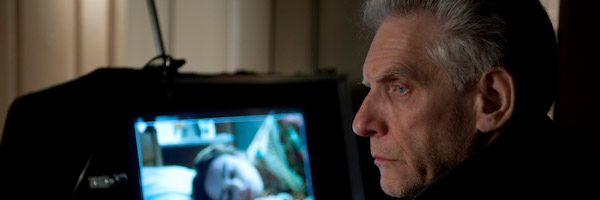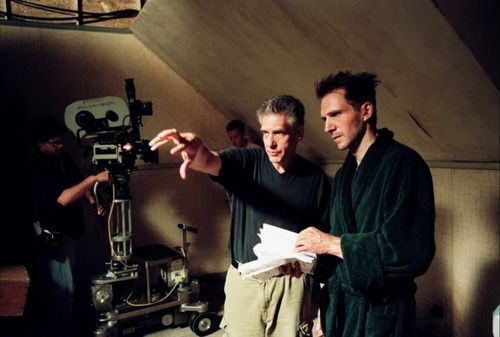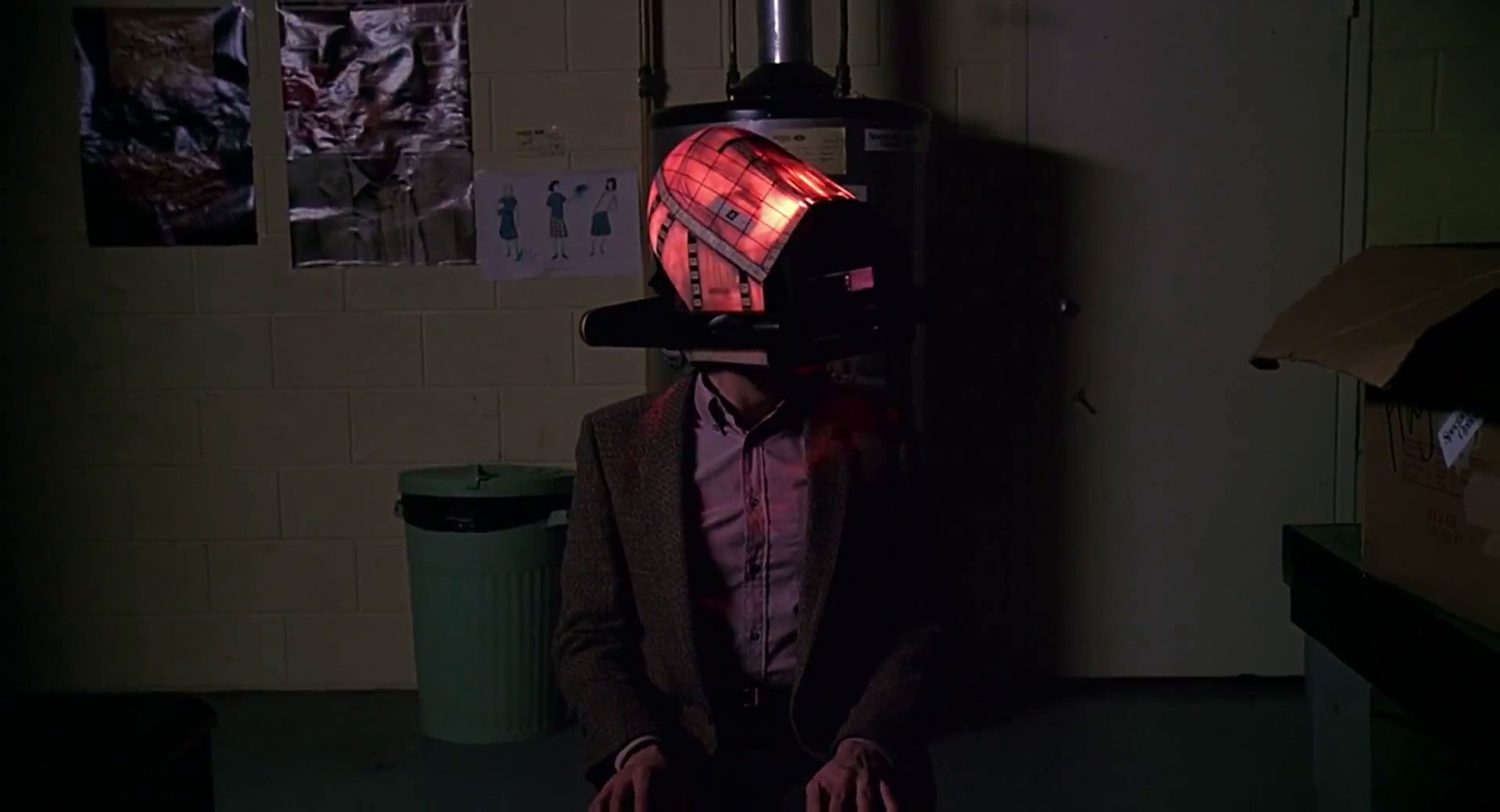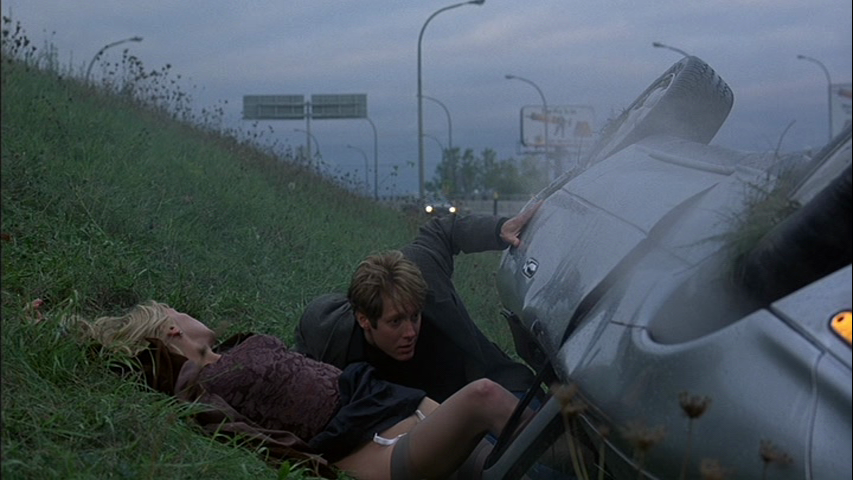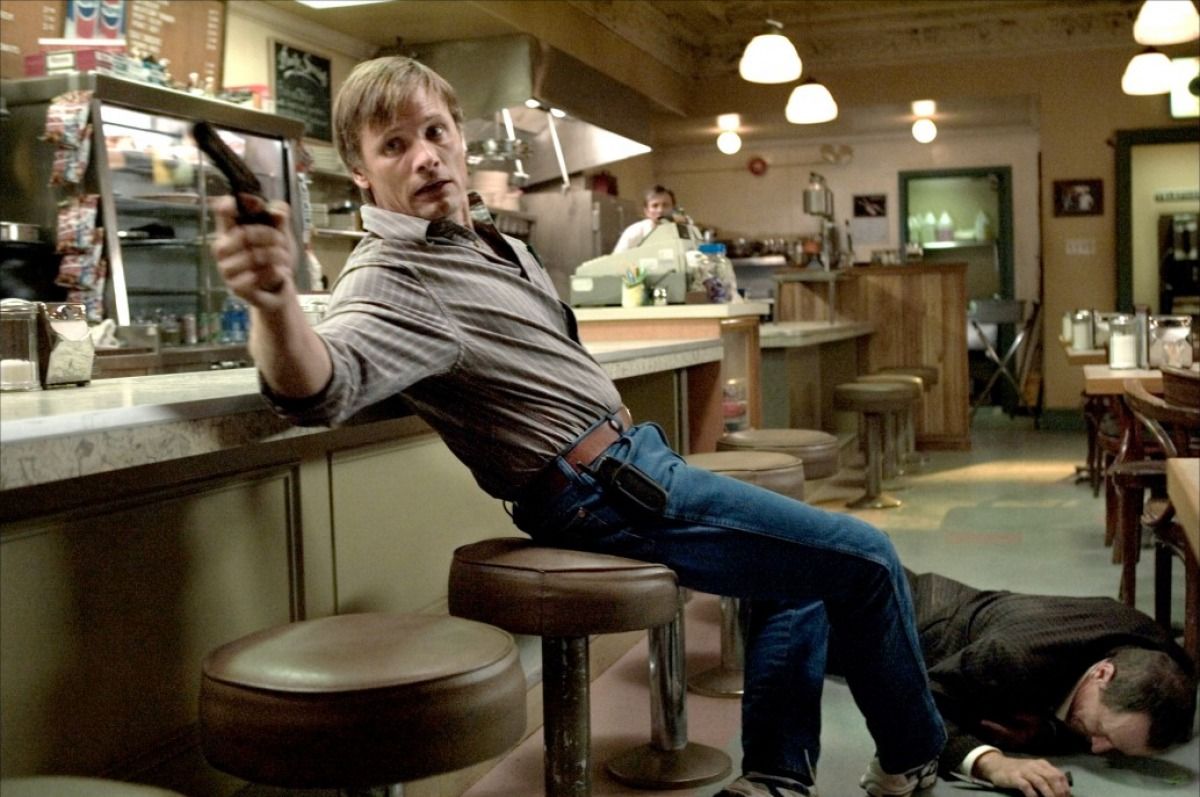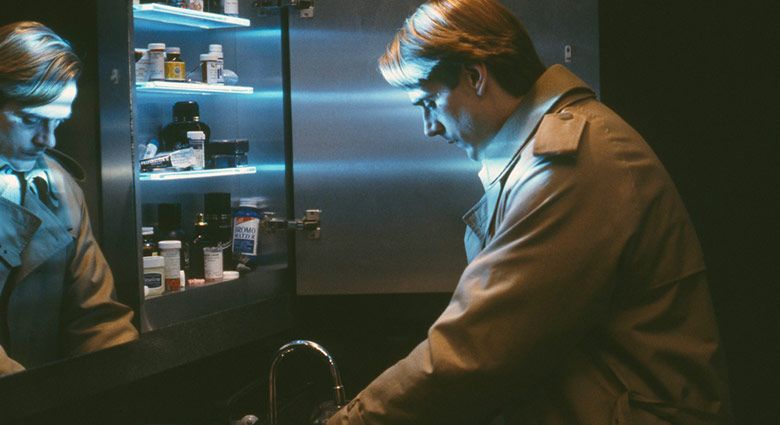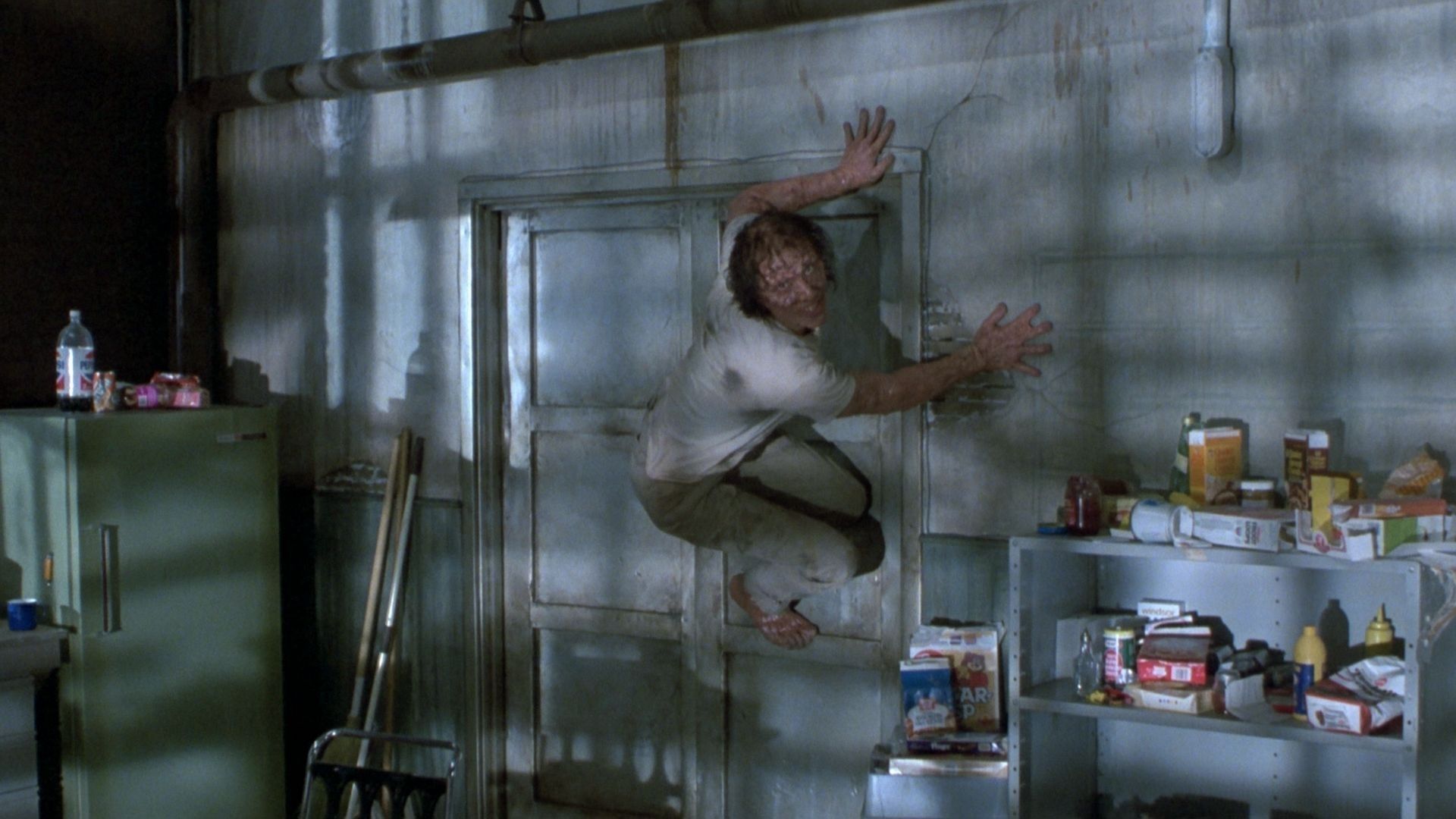When David Cronenberg decided to follow up the astonishing Eastern Promises with A Dangerous Method, about Carl Jung’s relationship with Freud and one of their shared patients, a few people bemoaned that director’s turn toward what they perceived as softer material. Starring Michael Fassbender as Jung, Viggo Mortensen as Freud, and Keira Knightley, in inarguably her best performance to date, as the patient, Sabina Spielrein, A Dangerous Method is a costume drama, but not by any means soft. Cronenberg depicts Spielrein and Jung’s relationship, which inevitably turns aggressively sexual, as a deep dive into the wild nature of carnal desire, and Jung’s repudiation of his infidelity with her as man’s inability to truly experiment and embrace feminine independence, as well as their own. The exquisite wardrobe and production detail may scream propriety and genteel emotions, but this isn’t exactly Pride & Prejudice.
A Dangerous Method trades in the same ferociously intellectual, unsettlingly physical, and thematically ambitious material that Cronenberg’s halcyon-era works do, whether it be Scanners, The Brood, or Naked Lunch. Cronenberg’s core fascinations have always been in the life of the mind, psychology, and how those subjects are expressed physically, and A Dangerous Method fits that bill to a T. That neither this lacerating drama, nor the three other aforementioned masterpieces, appear on this list should give you some sense about just how deeply resonant and influential Cronenberg’s oeuvre is to this day.
Where A Dangerous Method and Cosmopolis, another late Cronenberg masterwork, suggest a more familiar formal maturity in their aesthetic, Cronenberg’s extensive salad-days output more freely reflected modern horror filmmaking. In fact, along with John Carpenter, Cronenberg pushed horror into a radical realm of philosophical and psychological conception. One could feel a deeply studied sense of style in both these filmmakers, and for Cronenberg, the body was the ultimate expressive canvas for his thoughts on obsession, death, capitalism, and the form itself. Videodrome offers as many thoughts on the future of television and VHS as it does on the innately human desire to meet oblivion; the sickness of addiction and the selfish ambition that comes with the creative impulse hangs over Dead Ringers, in the bifurcated personas of twin surgeons who fall for the same woman.
Cronenberg’s career alone would prove the artistic merit of horror films. Every film of his is worthwhile – his super-early films are a bit rough-hewed and underdeveloped, but his student films are worth seeking out. For those who haven’t taken the plunge already, here are the five films you should start with when starting in on Cronenberg’s oeuvre. Enjoy, and brace yourself!
'Videodrome'
“Long live the new flesh!” That’s the cry so many fans of Cronenberg’s unrelenting, uncanny whatsit have memorized over the years. The director sees the relatively recent advent of home entertainment as the creation of a new form, and likened it to having a new body, a new flesh. James Woods stars as a TV programmer with a hunger for depravity – he’s seen trading in soft-core Japanese porn early on in the movie. It’s the discovery of the titular snuff channel that sets him on a dark path to find where the tape of the TV program came from, and to try to explain it would be both unfair and unhelpful.
What I can say is that Videodrome sees forward to a generation of alienated people who become easily hypnotized because of the easy accessibility of identity propaganda and other forms of entertainment. And Cronenberg doesn’t play this stuff at a distance. By the end, you’re not sure how real what you’re watching is, what’s real and what’s imagined. Is that a required political assassination of an invading force? Or was it the acts of a madman who imagined he was saving the world because of, amongst a dozen other things, what he saw on TV? There’s no way to tell but Videodrome is a force to be reckoned with even today. A dozen or so views later, the movie still has dark corners that you haven’t quite noticed yet, but they lead you toward the same terrifying end, with Woods, overwhelmed by life in the age of TV, chants “long live the new flesh!” before slipping out of the old one.
'Crash'
This is the one with the reputation. There’s no real way to fully explain what Cronenberg’s adaptation of J.R. Ballard’s wild, carnal tale of arousal and oblivion feels like as it’s going on. It casts its spell early, with a tracking shot of James Spader’s James Ballard and his wife, played by Deborah Kara Unger, having sex on a parked puddle-jumper plane. It’s a haunting image in a way, but it’s also hilarious. It’s an image of the strangeness of excess, and the desires that drive Spader’s TV director to join a group of fetishists who are aroused by excessive speed and car accidents.
Destruction is an aphrodisiac here, and Cronenberg evokes how we fetishize death and are thrilled by our own oblivion. Rather than overwork the comedic angle, Cronenberg goes for operatic grandeur, and the editing similarly takes on a seductive tone, hypnotizing with some exquisite fades and cuts that explode in the car crashes and sex that Ballard gets into with fellow thrill junkies played by Holly Hunter, Elias Koteas, and Patricia Arquette. It’s the work that stinks of a wild mind let off the leash, and naturally, it tanked at the box office and alienated many critics. There’s nothing quite like it.
'A History of Violence'
Last year, I opined that this was the best graphic novel adaptation of all time. It still is, for me, but its impact stretches quite a ways beyond that. As a friend of mine once opined, it is at the very least the best High Noon remake of all time. You could say a lot about the meaning of the tale of the perfectly named Tom Stall (Viggo Mortensen), a good family man, neighbor, and local business owner who is outed as a notorious Pennsylvania gangster Joey Cusack. One could see it as perhaps a perfect reflection of America’s own violent past and the whitewashing of unending, socially sanctioned atrocities nationwide, from the founding of the nation until today. One could also see it as a dark masculine fantasy, brought on by the fact that Tom is not the sole breadwinner but rather his lawyer wife (Maria Bello).
It’s all worth its due consideration but ultimately one must marvel at the narrative as it is on screen, and A History of Violence is a knockout first and foremost in its use of imagery. One can see the Western-genre rhythms rumbling beneath the fights that Tom’s son gets in, and Tom’s own bloody encounter with an old villain named Carl Fogarty, played by a sensationally menacing Ed Harris. The West was won by bloodshed, and every comfortable white life was bought with blood, if you go back a ways. And it’s really not that far a ways either. Strip the film of all this heavy thematic ponderings that are evoked throughout the movie, and you’d still have a great action film, a feat that alone would be remarkable.
'Dead Ringers'
When you become an icon of sorts, you have to become to people. Sometimes, you have to become more people than that even. One person is the intimate friend and family member and, yes, lover, but the other is the professional face, the dealmaker that has to keep the money flowing. This duality is at the center of Dead Ringers, in which Jeremy Irons, in a career-best performance, plays twin surgeons who specialize as OBGYNs and are considered the leading minds in the field. They fall for the same woman, Claire (Alan Rudolph regular Genevieve Bujold), and she entertains them both but the real story is their dependency on one another. One can see it is at a defense of oft-derided cinematic style, a treatise on the power of artifice, but then the film also suggests that the demands of that artifice often kill the more anxious, inventive, and sensitive side. It’s an eerie reflection of the life of a professional creator and designer, and the tools that Beverly and Elliott mold serve as a potent mirror image of their temperaments but also their psychological anger towards women. Things don’t end well for anyone, but they rarely do under Cronenberg’s direction. Dead Ringers isn’t cynical, however, as its ultimate critique is against not feeling at all, while also noting just how many people can get hurt when you care too much.
'The Fly'
Jeff Goldblum is immediately engaging and charming in a lonely, obsessive way as Seth Brundle, a genius scientist who allows a cute, flirtatious reporter, Veronica (Geena Davis) to follow his creation of a teleporter. That’s what makes what happens to him in The Fly so devastating. The way most people get about The Notebook, I get about The Fly. When an accident leads to Seth’s DNA getting spliced with the DNA of a fly, Brundle sees a boost in his abilities but soon begins to mutate and deteriorate into a monster.
Any other director and any other actor, and this film would play like a laughing stock. In this case, however, watching the sweet-natured, brilliant young man turn into an insect monster bent on destroying the woman Brundle loved reminds me of great melodrama, even opera. It’s borderline traumatic, and one can easily suss out the allusions to AIDS and the demons of professional ambition in the narrative. The Fly represents the human potential of modern horror, the upper echelons of how the tenants of the genre could imbue with high art to create something both extraordinarily beautiful and deeply upsetting.

